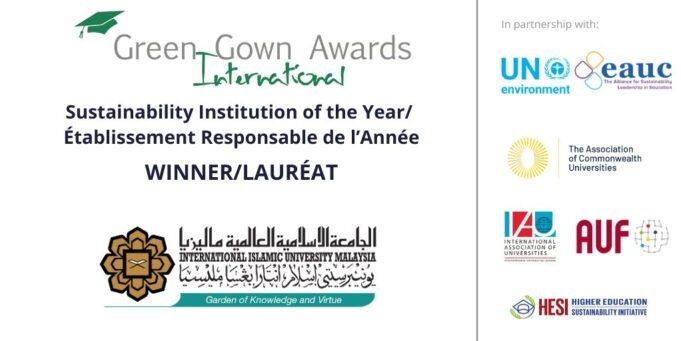IIUM, in particular, acts as the hub of research and innovation. Faculty and students engage in research projects that address environmental challenges, develop sustainable technologies, and contribute valuable insights to the broader sustainability discourse. It also serves as a living laboratory, providing tangible examples of sustainable practices. From energy-efficient buildings and waste reduction programs to sustainable transportation options, campuses model eco-friendly initiatives. These real-world applications offer students and the broader community firsthand experiences of how sustainable practices can be implemented in daily life.
The food choices made on IIUM have environmental and social implications. Many educational institutions are adopting sustainable food practices by forcing locally and reducing food waste. These practices contribute to responsible consumption patterns and instill in students an awareness of the environmental impact of their dietary choices. Students, as active participants in campus life, often lead sustainability initiatives and engage in environmental activism. This grassroots activism fosters a culture of responsibility and activism that extends beyond the campus boundaries.
In conclusion, IIUM serves as an influential agent for sustainable development by shaping the mindset of future leaders, implementing eco-friendly practices, and engaging with local communities. The educational experience at IIUM extends far beyond textbooks, creating a foundation for a generation committed to environmental stewardship, social responsibility, and sustainable living. As IIUM embraces the role of agents for change, it contributes significantly to the broader global movement toward a more sustainable and resilient future.

Good content
ReplyDeleteGood
ReplyDeleteGood sharing
ReplyDeletenice sharing :)
ReplyDeleteجامعة ممتازة
ReplyDeletenice sharing ! keep going
ReplyDeleteGreat content
ReplyDelete👍🏻
ReplyDelete👍🏽
ReplyDelete